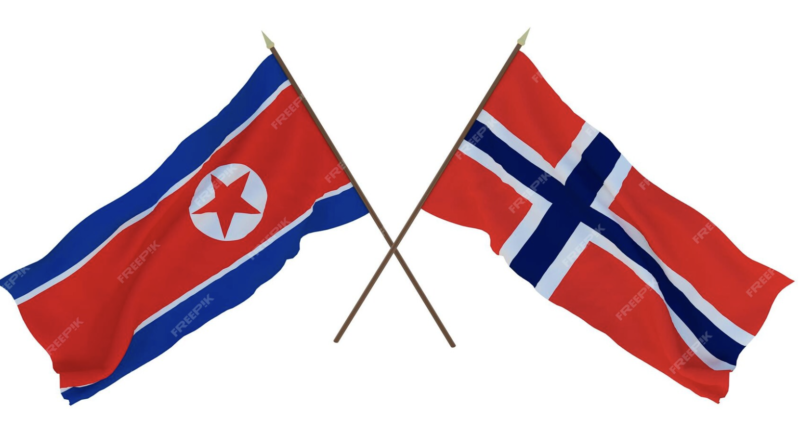Norway and North Korea Close Ugandan Embassies in Regional Diplomatic Shift
In a significant diplomatic move, North Korea and Norway declared the closure of their embassies in Uganda. These strategic decisions are poised to reshape their diplomatic presence on the African continent and have varying implications for their respective international relations.
North Korea’s ambassador, Jong Tong Hak, announced his country’s embassy closure during a courtesy call to President Yoweri Kaguta Museveni at State House Entebbe. The move is part of North Korea’s broader strategy to streamline its African embassies, ultimately enhancing the efficiency of the country’s external institutions. In an assurance to President Museveni, Ambassador Hak emphasized that despite the embassy’s closure, bilateral relations between Uganda and North Korea would endure. Notably, connections will continue through Malabo in Equatorial Guinea.
Hak’s heartfelt words underlined the enduring bond between the two nations: “Our physical absence cannot block our hearts, minds, and souls. Our good friendship will continue and will be further strengthened and developed. I convey this commitment from my government. I have lived in Kampala for many years. I love Uganda and its people.”
Moreover, Ambassador Hak commended President Museveni for his consistent support of the Korean government’s peaceful efforts to realize a harmonious unification of the Korean Peninsula. He recalled President Museveni’s memorable speech at the UN General Assembly in 2017, which expressed gratitude to the Korean government, signifying the warm relations between the two nations.
On the other side of this diplomatic equation, Norway has also declared the closure of its embassy in Kampala, Uganda. This decision is part of a broader restructuring effort within Norway’s foreign service. The closure is scheduled for 2024, with the diplomatic staff positions being redirected to bolster other Norwegian diplomatic and consular missions worldwide.
This reevaluation of Norway’s foreign service aims to maximize the nation’s ability to safeguard its interests and priorities in foreign and development policy. By redistributing diplomatic staff to specific embassies, Norway intends to strengthen its efforts in key areas, including food security, business development, and regional security across Africa. This resource shift will see more diplomatic staff stationed at the Norwegian Embassies in Accra, Addis Ababa, Dar es Salaam, Kinshasa, and Nairobi. In addition, the Embassy in Beirut will gain a new diplomatic position dedicated to aid efforts in Syria.
Closing the Embassy in Kampala raises questions about Norway’s diplomatic representation in neighbouring Burundi and Rwanda. However, the Ministry of Foreign Affairs is actively working to find solutions that ensure a continued diplomatic presence in these nations.
Despite these embassy closures, Norway’s significant aid to Uganda will persist. In 2022, Uganda received NOK 382 million in earmarked funds from Norway, allocated to various priority areas, including civil society, education, energy, refugees, and women’s rights. The closure of the Embassy in Kampala does not signify a reduction in Norway’s commitment to Uganda’s development. Instead, this decision reflects an overall assessment of the Foreign Service’s resources and its commitment to using them effectively.
Minister of International Development Anne Beathe Tvinnereim emphasized that Norway will continue to invest significantly in development cooperation with Uganda, partnering with civil society organizations and multilateral institutions. Furthermore, Norway remains dedicated to promoting human rights, particularly those of women and minorities, within Uganda.

These embassy closures by North Korea and Norway represent a pivotal moment in the dynamic landscape of diplomatic relations in Uganda, underlining the evolving strategies of nations to adapt to a rapidly changing global context.

